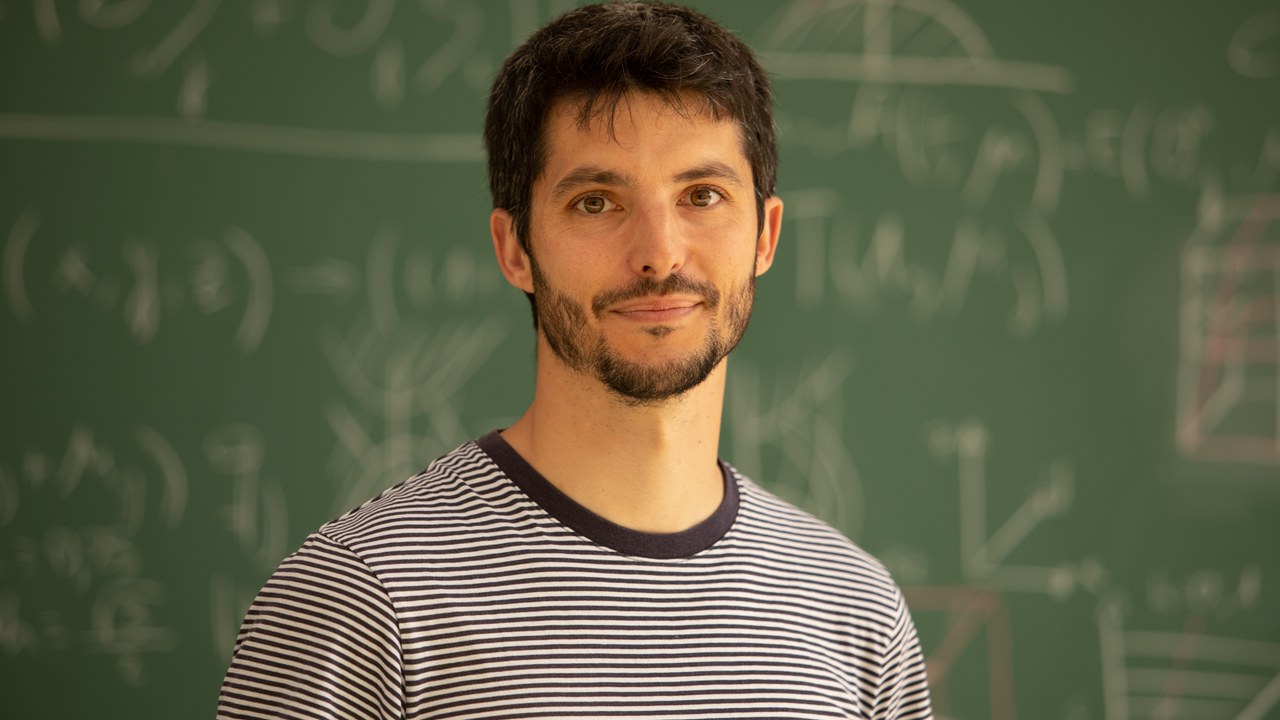Researcher Daniel Reta receives an ERC Starting Grant of €1.5 million

Daniel Reta (Pamplona, 1989), Ikerbasque researcher at the Faculty of Chemistry at the UPV/EHU and DIPC associate, has obtained one of the most prestigious and competitive grants of the European Union: the ERC Starting Grants. These grants highlight the relevant contribution of the brightest young scientists and support their own innovative research line contributing to expanding the frontiers of knowledge. Thus, Daniel Reta’s project, RadicalProtON, which will receive 1.5 million euros, aims to establish new ways to introduce magnetic properties into organic molecules and study their applications in drug design, as well as in the fields of molecular optical properties and spintronics.
“Receiving this grant means having all the technical and material means to carry out my research, without any limitation. In addition, the prestige associated with Starting Grant places me in a privileged position to attract talent and be able to form a multidisciplinary team, necessary to carry out my project, which would have been impossible otherwise”, emphasizes Daniel Reta.
In the quest for materials that improve current technologies, molecules with magnetic properties offer particularly interesting alternatives, as they are unique multifunctional platforms. “Currently, the most common way to get magnetic molecules is based on coordination chemistry with metals such as iron or rare earth elements and it continues to offer innovative solutions in a wide range of fields, from magnetic resonance to quantum computing"- explains researcher Danier Reta. "However, a less explored path that offers new properties is to use organic molecules, i.e., metal-free molecules based on atoms such as carbon and nitrogen. When this molecules show magnetic properties, a clear indication of their extraordinary properties, are called radicals, The problem is that current methods for generating radicals impose serious restrictions on the type of candidate molecules, limiting their impact to very specific fields".
His project, RadicalProtON, proposes a novel and simple strategy to generate diradicals in a large family of organic molecules and suggests that the derived properties play an uunnoticed role in their biological action.“To validate this hypothesis and exploit its transformative potential, the project is articulated around two main lines: the first will establish which molecular components allow the formation of the diradical, allowing to obtain a fundamental understanding of the process; the second will study how this radicalary character affects the chemical reactivity of molecules in the biological environment where they play their role, in order to establish new mechanisms of action and improve the properties of their derivatives.To carry out this ambitious project, RadicalProtON combines organic synthesis, computational chemistry and magnetic, optical and mass spectroscopy through a dynamic and multidisciplinary team.”
